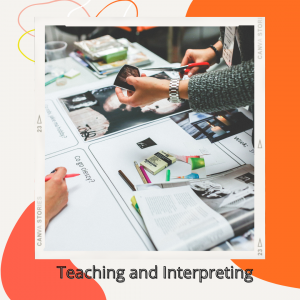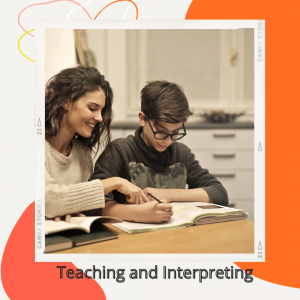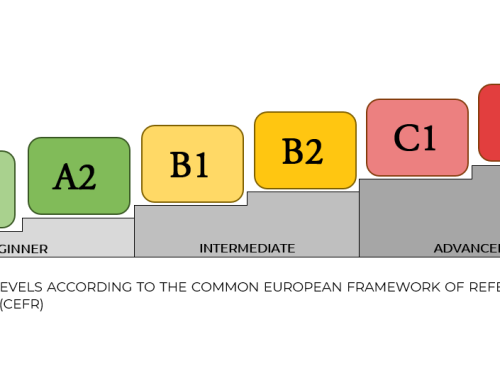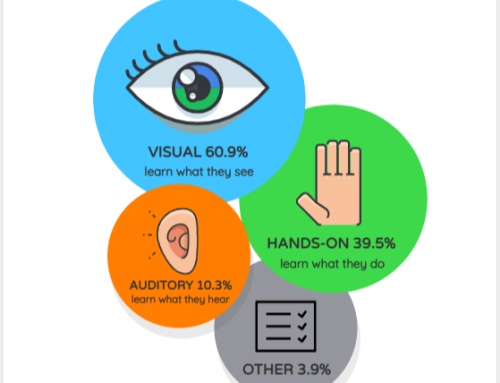Teaching and interpreting
I have been working for ten years now as a freelance conference interpreter in the English booth,

however I have been teaching EFL on and off for about double that. “Isn’t teaching people English putting yourself out of a job?” I hear you ask…well on first glance this may well seem the case, but there are many ways in which the two jobs are similar. And working with these similarities can indeed make you better at both!
Promoting clear communication
Every interpreter has at one time (or in fact many, many times!) literally buried their head in their hands trying to decipher an unclear speaker. And our rendition as interpreters also must be clear and concise.
As teachers, clear communication, whether it be written or spoken, is a key goal for our students. We want them to get their message across, and do it well. When I’m preparing my classes, I ask myself “how is this lesson going to help my student communicate well in English?” If I can’t really give a clear answer, it’s time to think again!
Preparation
Both teaching and interpreting, as is the case with many other professions, require proper preparation. But I’ve found there is a balance between being well-prepared on the one hand, and being flexible on the other. Many a time I have “over-prepared” for a conference, scaring myself to death over all the tiny details. Of course you need to know your topic, whether it be rail transport in Eastern Europe as an interpreter, or the finer points of the third conditional as an EFL teacher. And yet you need to be flexible. Have you been given an unscheduled presentation to interpret at the last minute? Take it on! Are there unexpected gaps in your student’s knowledge of conditionals? (Or worse, do they know it all already?) Divert from your lesson plan and focus on where the head-scratching begins!
Continuing Professional Development
Thankfully learning for one area of your freelance career can help you hugely in others too. My multilingual glossaries are an excellent interpreting resource I turn to for my teaching. And conference topics like the Agenda 2030 for Sustainability can be re-purposed for English lessons as well.
Alongside the benefits of maintaining glossaries for both interpreting and teaching, keeping a watchful eye on current affairs is something that is hugely beneficial for both interpreters and teachers alike. I’ve managed to improve my lessons in business English no end using the most recent articles on a certain topic (not only COVID, I might add!) It also gives students – particularly those who have strong views on an issue – the opportunity to get their teeth stuck into something really
relevant. Being a press nerd has saved my bacon as an interpreter several times when a breaking news story has been mentioned in a conference room. If someone is expressing condolences to another country, you really should know why beforehand!
So there you have it! I may be teaching others to communicate in English, but rather than putting myself out of a job I now have two complementary ones, which for me is much more fulfilling.
Helen Reynolds-Brown






